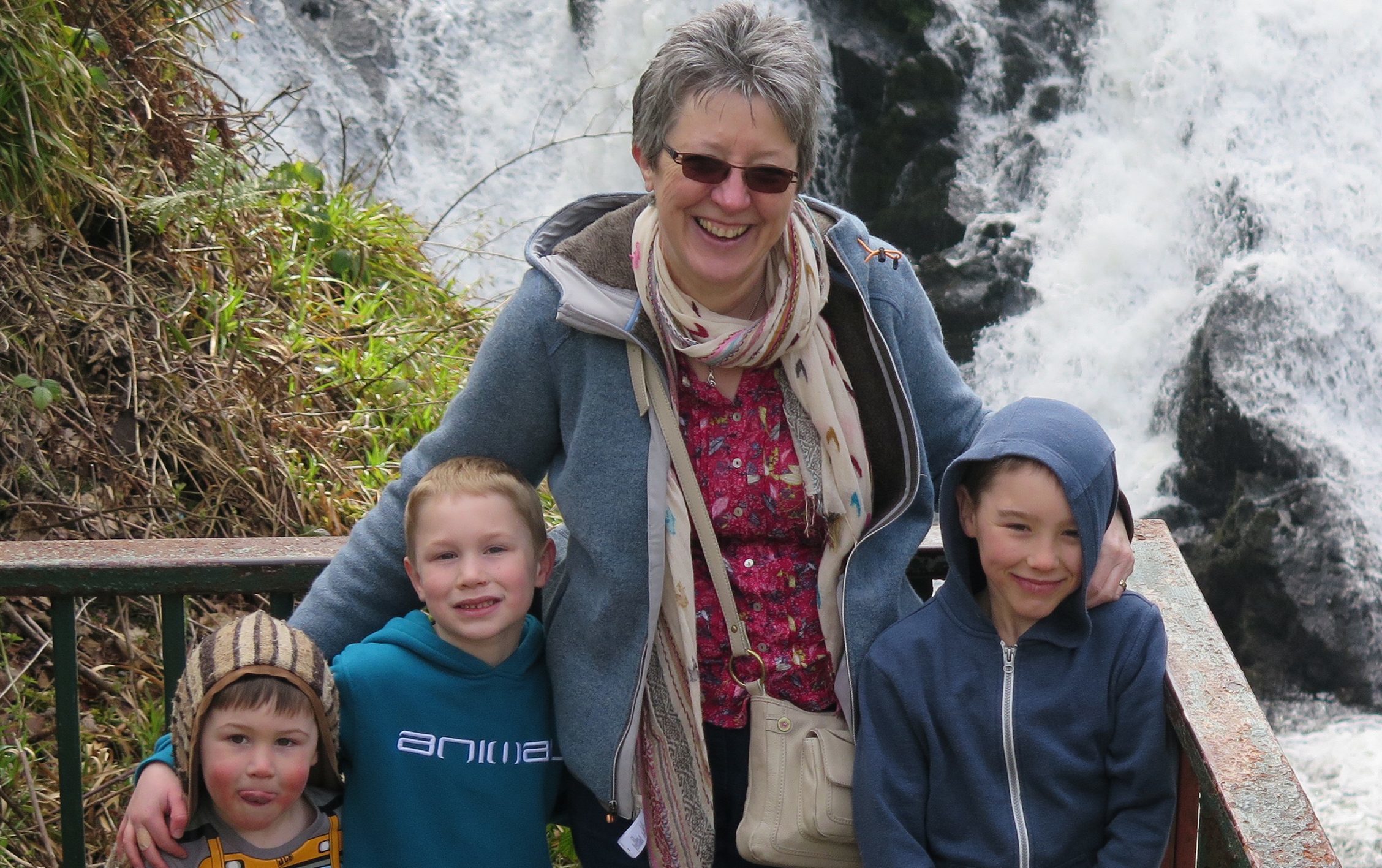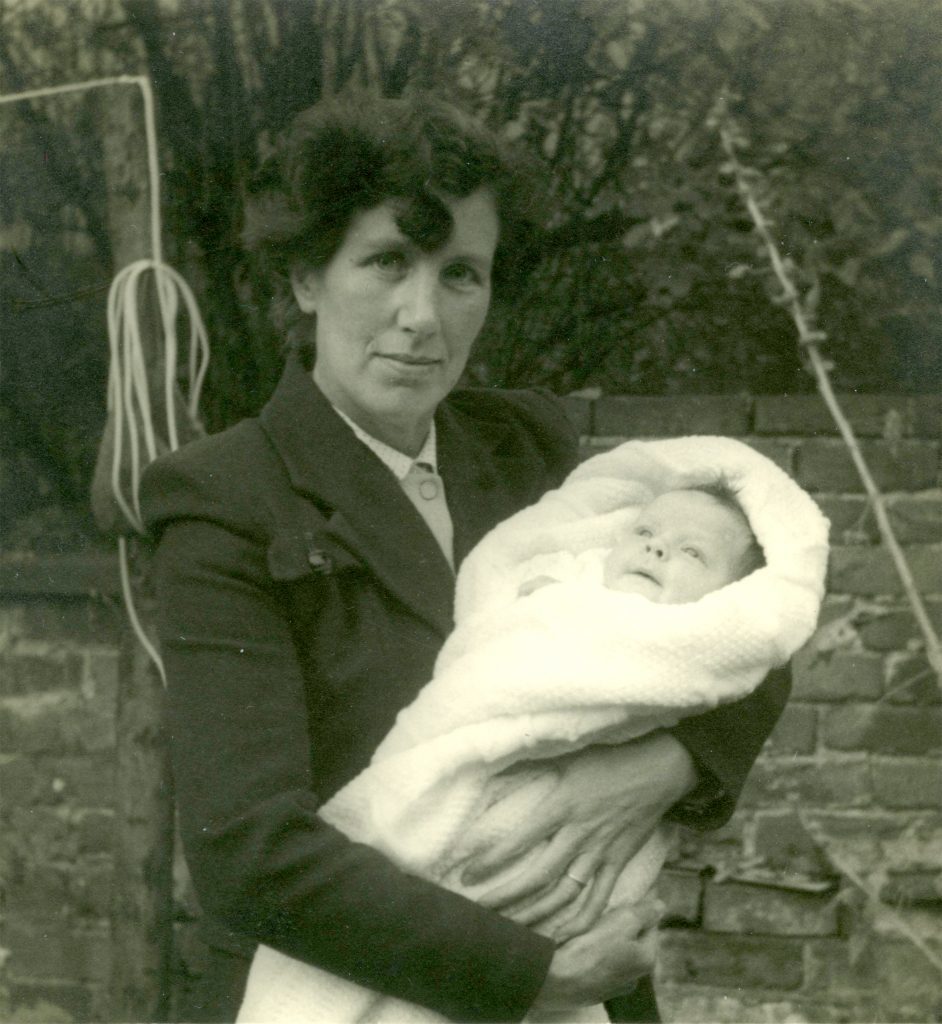
HELEN BATE watched as her mum’s memories faded and communication dried up as Jenny’s dementia took hold.
Like all families dealing with the condition, it was heartbreaking to watch.
Helen was keen that her daughter Rachel, who was just 10 at the time, could continue to sit and chat with her gran.
So the former architect tried making a scrapbook of images cut out of magazines which she hoped would stimulate conversation.
It worked so well that Helen developed the idea and now more than 20 years on she has 16 books available especially for dementia sufferers.
Helen’s greatest success is the touching messages she’s received from people who say the books have helped them reconnect with a loved one they feared was becoming lost to them.
“We have messages saying they didn’t know their dad could still read or a lady who wept because her dad had come back to her as he looked at a book,” Helen said.
“There was one lady with dementia who wouldn’t talk to her daughter any more but would sit and talk to a photo of a baby in one of the books with dribble on its chin. It made her happy and in turn made her daughter happy.
“The best feedback is from families, because they are the ones suffering most.”
The lovingly crafted hardback books feature a mixture of themed pictures, paintings and brief pieces of text designed to spark conversation.
“When my mum had dementia it was in the mid-1990s and there was no real public understanding of the condition. It was still a taboo subject.
“The scrapbook really helped and little things captured her imagination. For example, my mum had a garden pond, so I cut out a picture of a frog.”
In 2005, 10 years after her mum died, Helen managed to secure enough support to turn the scrapbook into a series of books.
She was at college retraining to be a children’s book illustrator as she developed a social enterprise company, Pictures to Share.
Helen – whose grandchildren live in Scotland – carried out research with a company called Innovations in Dementia and also took ideas for the books into care homes to test them and make sure none of the images caused distress.
“For example, we had a photo of kids stretching their arms up to an ice-cream van and one lady became upset and very anxious because she couldn’t work out which arm belonged to what child.”
The books are now widely available – every library in England and many in Scotland carry the books – but Helen hopes they’ll eventually be readily available to every person in the UK affected by dementia.
“The books don’t state they’re for people with dementia, because I knew my mum would never have picked one up if it said that,” she added.
“I didn’t want them to be patronising or a special needs tool.
“Images can be very powerful and I think people underestimate just what they can do.
“There are thousands of books for children who can’t cope with adult material, but until now there’s been precious little for people with dementia who can’t cope with it either.”
Books can be ordered with free shipping from www.picturestoshare.co.uk and Sunday Post readers can get a 20% discount by entering the code SUNPOST at the checkout.
READ MORE
Kenneth Branagh learned about Alzheimer’s for Wallander role
Facing Dementia Together: Scottish holiday company offers carers respite

Enjoy the convenience of having The Sunday Post delivered as a digital ePaper straight to your smartphone, tablet or computer.
Subscribe for only £5.49 a month and enjoy all the benefits of the printed paper as a digital replica.
Subscribe